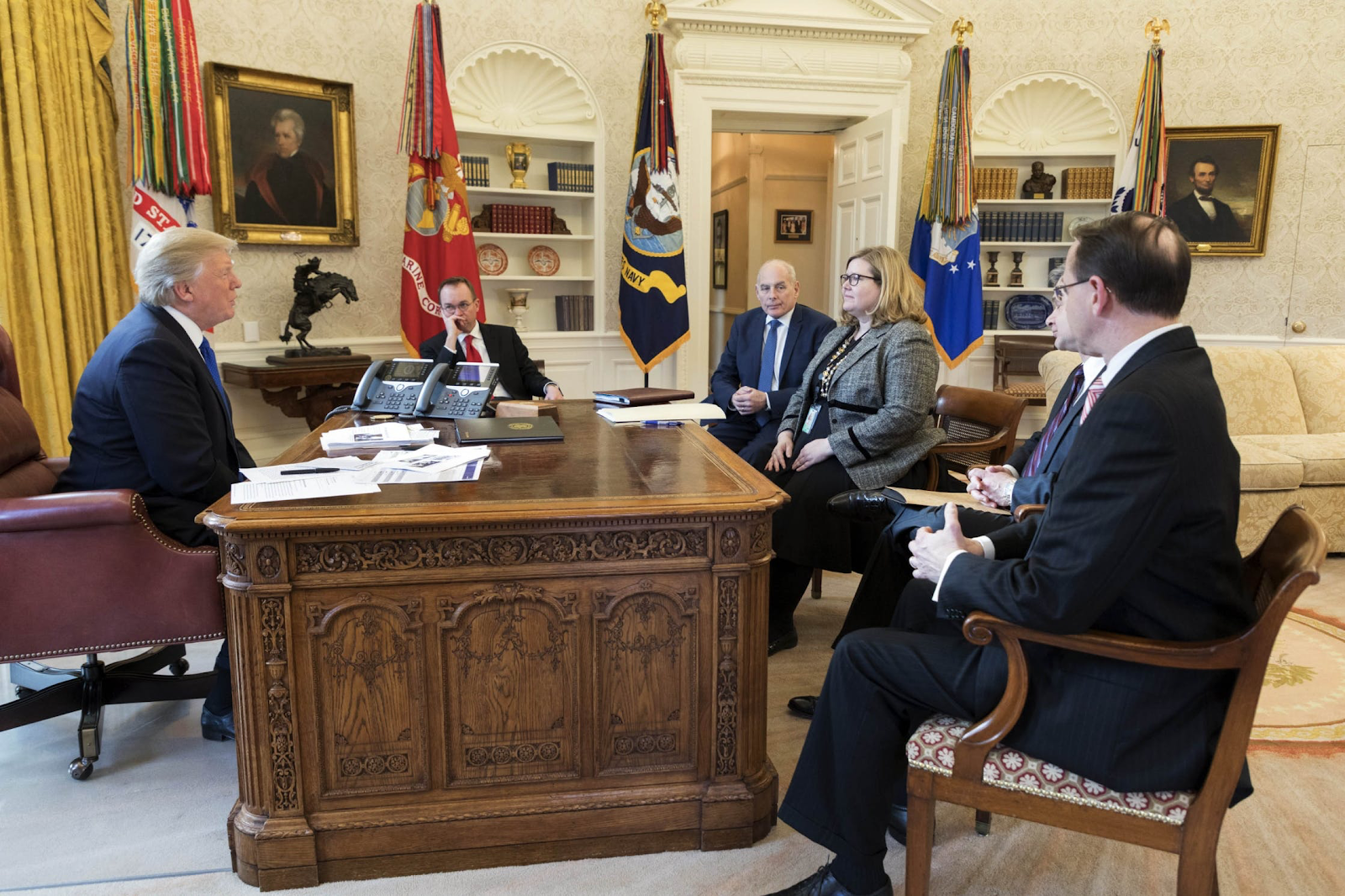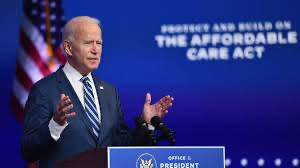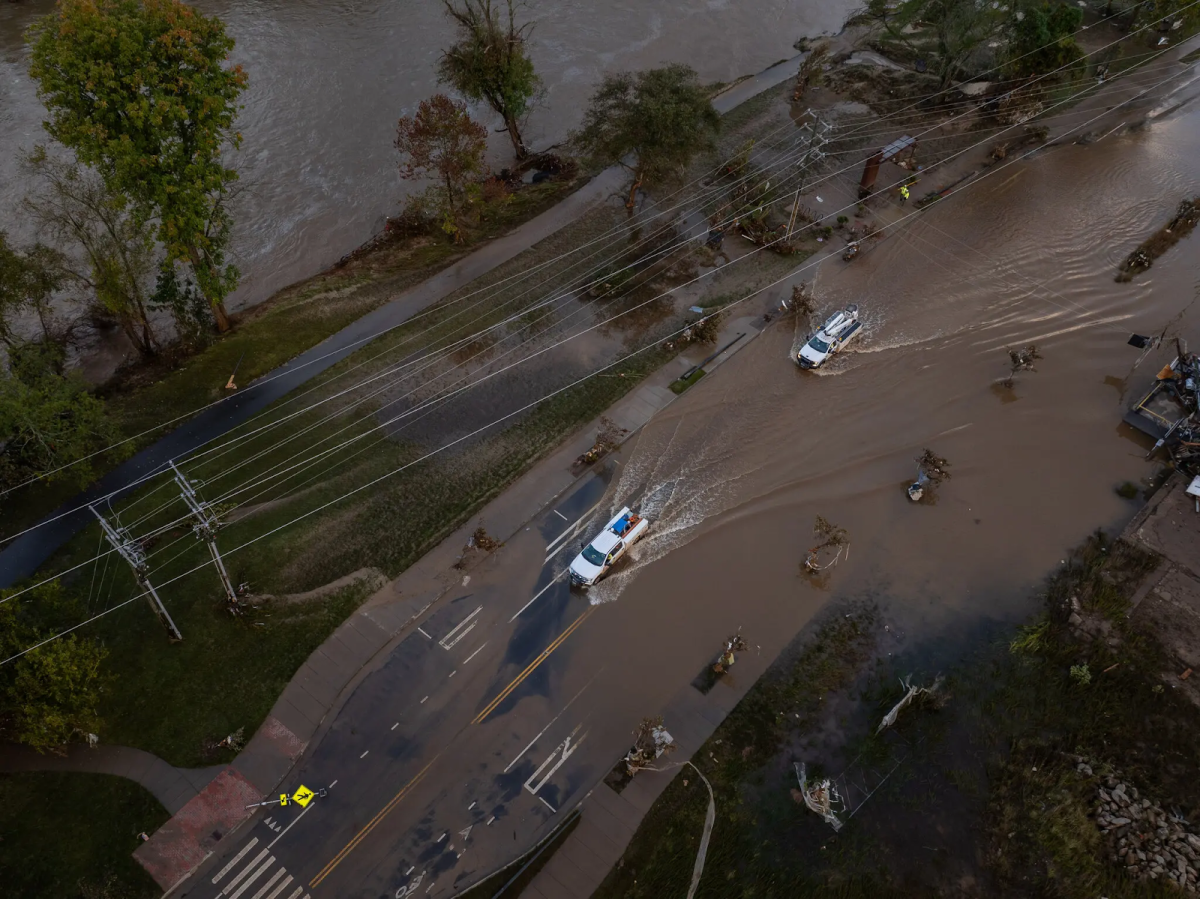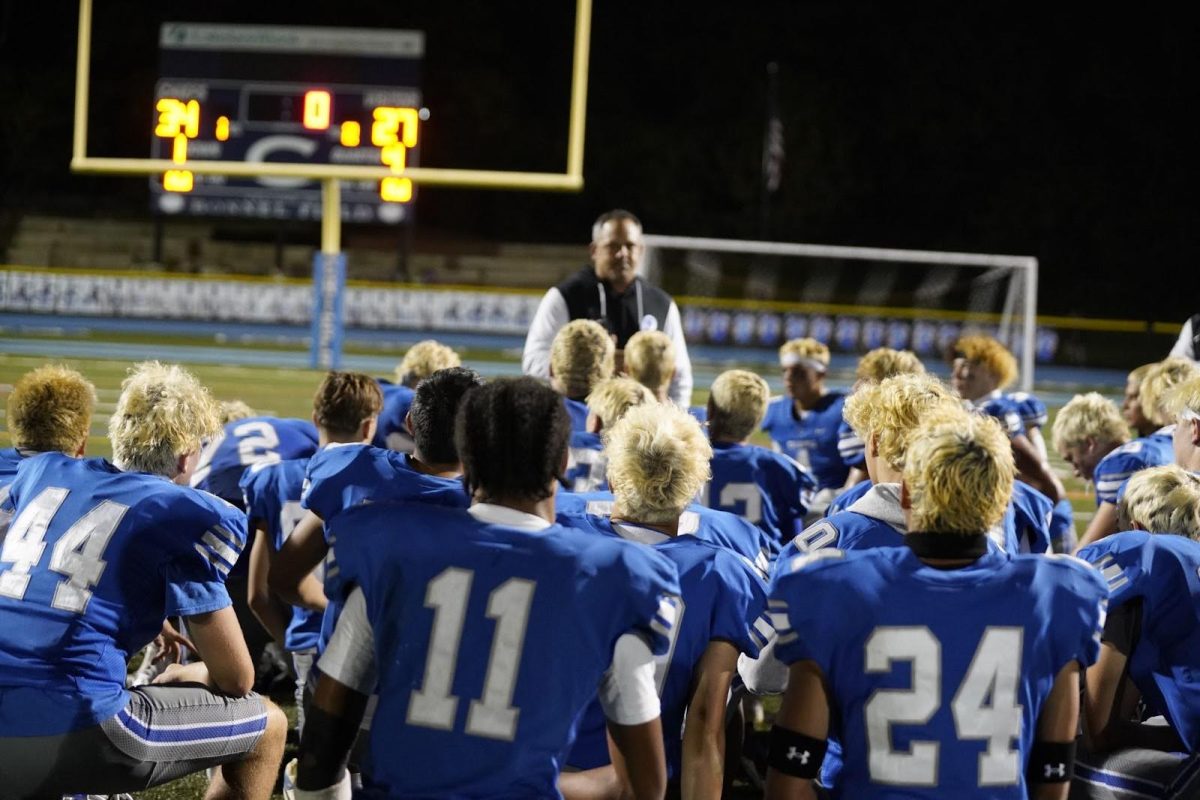The peaceful transfer of power between the winner and loser of an election is one of the lesser known features of the American election cycle. The transition was cemented into law by the Presidential Transition Act of 1963, which outlined the procedures necessary to complete a peaceful transition from incumbent to President-Elect. Though cemented in law, the transition has always been something based more on tradition and symbolism rather than concrete practice, a quality that has allowed incumbent Donald Trump the opportunity to delay the transition of power to President-Elect Joe Biden. President Trump has claimed the election was won by widespread voter fraud and other dubious actions by the Democratic party, and his refusal to concede has fueled his decision to halt the transition.

Trump appointee Emily W. Murphy, the head of the General Services Administration, has spearheaded the effort to stop the transition. As head of the GSA, it is Murphy’s responsibility to sign a “letter of ascertainment” that facilitates the occupation of office space, the granting of classified documents, and other essential materials to the incoming transition team. Without such materials, Biden’s team has been barred from communicating with the incumbent.
The transition is often understated in its importance, simply because it is often a seamless process. Regardless of party affiliation and differences between the incumbent and elect, the transfer of power is always a cordial affair. Especially within the context of a one-term presidency, a cordial transition is a sign of respect and acknowledgement of defeat; and though feelings may be hurt, both sides typically recognize the transition as more important than whether they won or lost. Building staff teams, creating political agendas, transferring important documents between the presidents, and preparing for the administration’s inauguration are a few examples of the critical processes that the transition team must undertake. A failure to complete such actions, compounded by a lack of communication between parties, can lead to unusually drastic effects. The botched 2000 transition between Bill Clinton and President-Elect George Bush serves as a grave example of what might have happened if the transition ran effectively, with former Bush chief of staff Andy Card stating the “9/11 Commission had said if there had been a longer transition and there had been cooperation, there might have been a better response.” Though speculation, the prospect of thwarting a national tragedy because of something so seemingly inconsequential as a presidential transition is novel.

Given the mounting second wave of the COVID-19 pandemic, the transition effort seems even more vital. Dr. Anthony Fauci, Director of the National Institute of Allergy and Infectious Diseases, has expressed concern over Trump’s handling of the transition, stating “it certainly would make things [go] more smoothly” if it was done right. The Biden team needs communication with the Trump Administration if it wants a head-start on its coronavirus policy, and open communication would allow the new administration to seamlessly pick up where Trump left off. When communication is broken, it is harder for the new administration to formulate policy, fill vital civil-servant and office roles, and carry out their plan for COVID-19. Without this head start, prominent health officials warn that public health can be jeopardized and the incoming second wave can be made even worse.
For now, the Trump administration shows no sign of letting up: lawsuits are well-underway in various states (though most have been thrown out before trial), and top Republican officials continue to back Trump’s claims of victory. American democracy in the modern era has never failed to carry out a peaceful transfer of power, but the Trump-Biden transition may cement itself as the last unprecedented moment in a historically unusual presidency.
Sources:
https://www.latimes.com/world-nation/story/2020-11-17/emily-murphy-gsa-blamed-delay-biden-transition
https://www.politico.com/news/2020/11/16/fauci-transition-delays-vaccine-rollout-436759





























